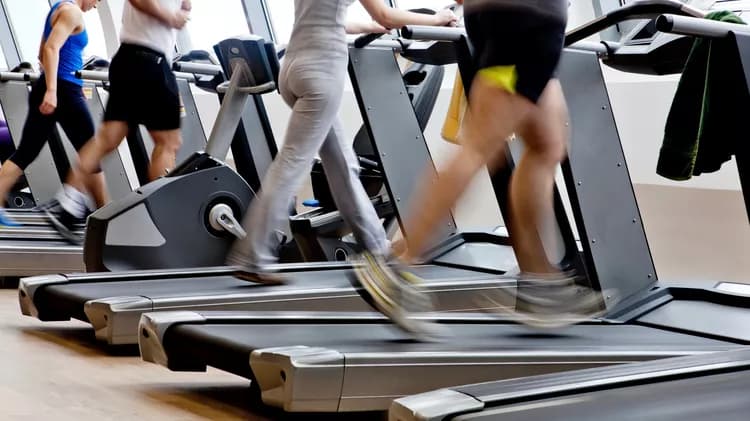
Physical Activity, Functional Ability Increase After Weight Loss Surgery
People who have their stomach size surgically reduced move around more and easier after weight loss surgery, a study has found.
Patients are able to walk further and are more physically active in the first year following the procedure, according to the research.
Although patients have an increased step count (they walk further), the intensity of the exertion is lower in the early stages after surgery, the paper published in the Obesity Reviews journal has shown.
Bariatric surgery is used to facilitate weight loss in people with potentially life-threatening obesity (body mass index >35), when other treatments, such as lifestyle changes, have not worked. Adults diagnosed with Type 2 diabetes may be considered for an assessment for weight loss surgery at a lower BMI level of 30 or more.
Weight loss surgery has proven to be effective in significantly and quickly reducing excess body fat. Now NIHR-funded researchers have looked at the impact the surgery has on physical activity and physical function both before and after surgery by examining 50 published studies.
The research was carried out by the NIHR Leicester-Loughborough Diet, Lifestyle and Physical Activity BRU.
Professor Melanie Davies CBE, who is the Director of the research centre as well as a Professor of Diabetes Medicine at the University of Leicester, said: "We found evidence demonstrating that objective and self-reported physical activity improved by 12 months after bariatric surgery.
"A decrease in objectively measured moderate to vigorous activity and an increase in step count at three to six months indicated a shift towards a greater amount of lower intensity physical activity within the first six months after surgery. Walking, musculoskeletal and self-reported physical function all improved by 12 months."
But fellow researcher Dr Louisa Herring said larger trials were necessary to further understand the effects of physical activity on post-surgical outcomes.
She said: "Although physical activity performed after bariatric surgery was associated with better weight loss outcomes, there is limited information on patients' physical activity behaviour in this context.
"No relationship was identified between changes in weight and walking performance post-surgery. More studies assessing physical activity, physical function and weight loss would help understand the role of physical activity in optimising post-operative weight and functional outcomes."
Consultant bariatric surgeons Professor David Bowrey and Mr Chris Sutton echoed the views of their fellow researchers and suggested that "the next step was to assess whether aerobic and/or resistance activity after surgery would affect longterm outcomes, and result in improved weight loss."
BRUs are focused on translational clinical research, taking new ideas from the laboratory bench to the patient's bedside to improve health. The Leicester and the Leicester-Loughborough BRU is a national centre of excellence in diet, lifestyle and physical activity. It harnesses the power of experimental science to explore and develop ways to help prevent and treat chronic disease.
The above post is reprinted from materials provided by University of Leicester. Note: Materials may be edited for content and length.
Disclaimer: DoveMed is not responsible for the adapted accuracy of news releases posted to DoveMed by contributing universities and institutions.
Primary Resource:
Herring, L. Y., Stevinson, C., Davies, M. J., Biddle, S., Sutton, C., Bowrey, D., & Carter, P. (2016). Changes in physical activity behaviour and physical function after bariatric surgery: a systematic review and meta‐analysis.Obesity Reviews.
Related Articles
Test Your Knowledge
Asked by users
Related Centers
Related Specialties
Related Physicians
Related Procedures
Related Resources
Join DoveHubs
and connect with fellow professionals

0 Comments
Please log in to post a comment.